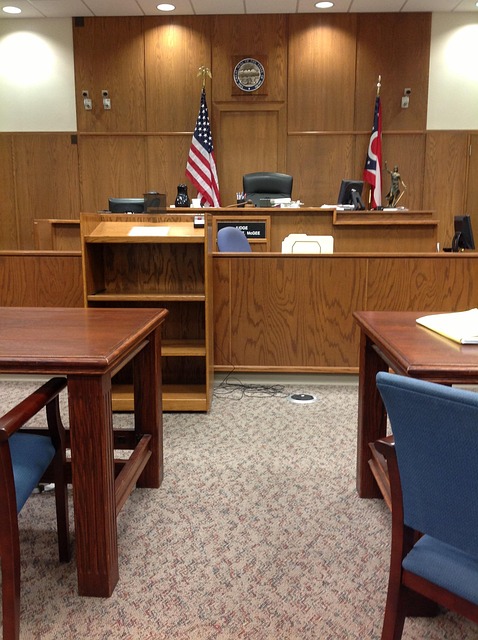Plea bargaining, a key aspect of criminal justice, provides defendants with options to reduce charges or sentences, especially in cases with limited evidence. However, it comes with risks such as limiting future legal options and impacting public perception, making it crucial for defendants to weigh the pros and cons carefully, particularly in general criminal defense scenarios.
In the intricate landscape of criminal law, plea bargaining plays a pivotal role in resolving cases. This article delves into the nuanced world of plea agreements from a defendant’s perspective, exploring both the advantages and disadvantages. We examine how plea bargaining facilitates efficient justice administration by analyzing the pros and cons for defendants, offering insights that are crucial for understanding this often-misunderstood aspect of criminal law. Unravel the balance between swift resolution and potential pitfalls in these critical legal negotiations.
- Understanding Plea Bargaining: A Defendant's Perspective
- Pros of Plea Bargaining for Criminal Law Cases
- Cons and Potential Pitfalls of Plea Bargaining for Defendants
Understanding Plea Bargaining: A Defendant's Perspective
Plea bargaining is a critical aspect of the criminal justice system that offers both advantages and drawbacks from a defendant’s perspective. This process involves a negotiation between an accused individual and the prosecution, leading to a mutually agreed-upon plea deal. For defendants, it presents an opportunity to gain some control over their case and potentially avoid the consequences of a conviction at trial.
One of the key benefits is the chance to receive a reduced sentence or charges dropped altogether. This can be especially appealing in cases with limited evidence or where the defendant faces severe penalties. However, there are also potential cons. Plea bargaining may limit the defendant’s ability to present their innocence and could impact their future opportunities, as a plea of guilt might appear less favorable to philanthropic and political communities than a not-guilty verdict. It requires careful consideration, especially in general criminal defense scenarios, where a balanced decision-making process is crucial for protecting for his clients’ rights.
Pros of Plea Bargaining for Criminal Law Cases
Plea bargaining is a critical aspect of criminal law cases, offering several advantages for defendants. One of the primary benefits is the potential for a complete dismissal of all charges. Through negotiation, a defendant can reach an agreement with prosecutors, leading to the dropping of some or all counts in exchange for pleading guilty to a lesser offense or fulfilling certain conditions. This process can significantly reduce the legal consequences and avoid the complexities of a trial.
Additionally, plea bargaining allows defendants to achieve extraordinary results, especially when faced with strong evidence against them. By taking a plea deal, individuals can limit their exposure to potential harsh sentences, including lengthy prison terms. This strategy is particularly useful in cases where the defendant’s actions were unintentional or where extenuating circumstances exist, enabling them to avoid indictment and its associated legal complexities.
Cons and Potential Pitfalls of Plea Bargaining for Defendants
Plea bargaining is a strategic process where defendants negotiate with prosecutors to plead guilty to reduced charges or receive a lighter sentence in exchange for their cooperation. While this approach can offer several advantages, such as avoiding a potentially harsher outcome at trial, it also presents significant cons for defendants. One of the primary drawbacks is the loss of negotiating power; once a plea deal is accepted, the defendant’s ability to control the outcome of their case diminishes. This can be particularly problematic if new evidence arises that could strengthen their defense.
Moreover, accepting a plea bargain may hinder a defendant’s future legal options, especially in cases involving corporate or individual clients with complex legal histories. The plea agreement often includes stipulations that prevent appeals or limit the scope of future legal challenges, making it difficult to reopen the case later. Thus, defendants should carefully weigh the potential benefits against the risks associated with plea bargaining, especially when considering a general criminal defense strategy.
Plea bargaining plays a significant role in criminal law cases, offering both advantages and disadvantages for defendants. While it provides an opportunity to resolve charges with reduced penalties, there are potential pitfalls to consider. Understanding the plea bargaining process from the defendant’s perspective is crucial, as it allows individuals to make informed decisions, negotiate favorable outcomes, and ultimately navigate the complexities of the criminal justice system effectively. By weighing the pros and cons, defendants can ensure they protect their rights and reach resolutions that best suit their individual circumstances.






